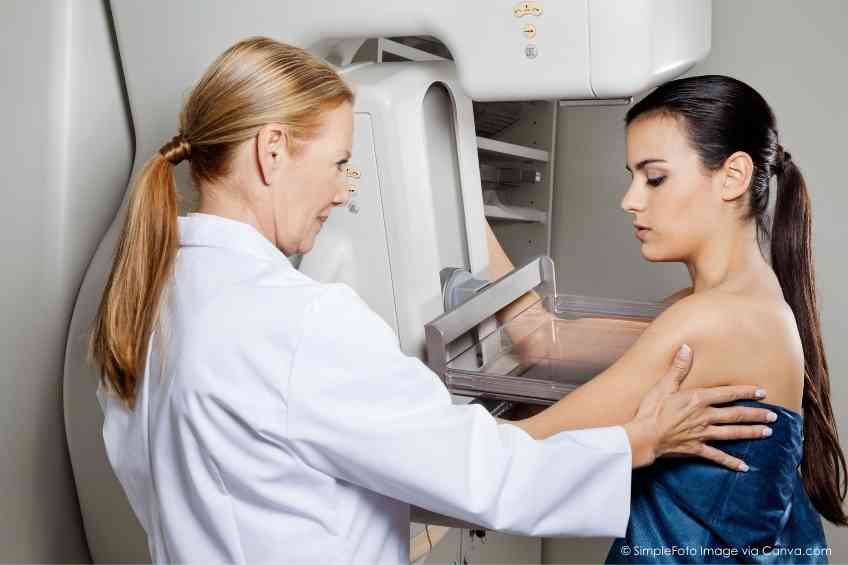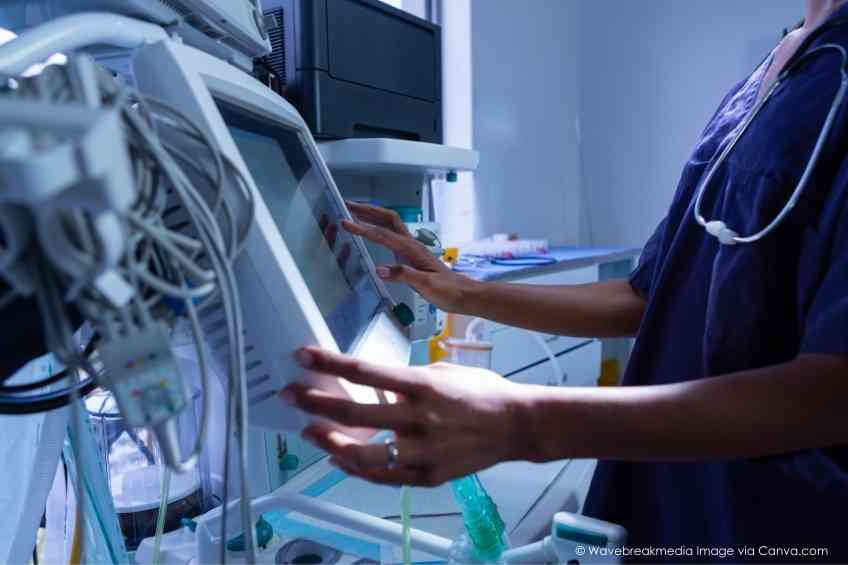By John Salak –
Breast cancer is not only one of the most common forms of cancer in the U.S., affecting approximately 300,000 women each year, it is almost one of the deadliest. Upwards of 45,000 women die annually from the disease, according to Breastcancer.org.
Early detection has always been the key to minimizing the impact and mortality rates. Now, however, Dartmouth Geisel School of Medicine is recommending that women start testing earlier and more often than previously suggested as a means of reducing the danger.
In particular, a Dartmouth study discovered that annual breast cancer screening beginning at age 40 and continuing to at least age 79 results in the highest reduction in mortality with minimal risks.
The previous standard for mammogram screenings recommended that women ages 40 to 44 have the choice of taking an annual test, while those 45 to 54 should be tested every year. Those 55 and older were recommended to be screened every other year, according to Cancer.org.
“There is an ongoing debate over the recommendations for breast cancer screening, specifically about when to start and the frequency of screening,” lead researcher Dr Debra L. Monticciolo admitted.
The research team’s work, based on an analysis of data from the Cancer Intervention and Surveillance Modeling Network, revealed that annual screening of women 40-79 with either digital mammography or tomosynthesis showed a mortality reduction of 41.7 percent. In comparison biennial screening of women 50-74 and 40-74 showed mortality reduction of 25.4 percent and 30 percent, respectively.
Annual screening of women 40-79 years showed the lowest per mammogram false-positive screens (6.5 percent) and benign biopsies (0.88 percent) compared to other screening scenarios.
Establishing earlier testing recommendations is only one factor at play in reducing the damage done by breast cancer. Monticciolo’s team also noted women in general need to get over their reluctance to be tested at all.
Despite being the second most common cause of cancer death for women in the U.S. and research that demonstrates that consistent screening can reduce breast cancer deaths by 40 percent, only 50 percent or less of eligible women participate in annual screening.
Monticciolo noted that a 2009 recommendation by the U.S. Preventive Services Task Force that women 50 and older get tested biennially has led to a nationwide decline in screening participation.
“The biggest takeaway point of our study is that annual screening beginning at 40 and continuing to at least age 79 gives the highest mortality reduction, the most cancer deaths averted, and the most years of life gained,” Monticciolo said. “There’s a huge benefit to screening annually until at least 79 and even more benefit if women are screened past 79.”
An issue for some is that the task force uses CISNET modeling to formulate its recommendations, consequently referring to recall rates and benign biopsies as harms, rather than risks.
“To balance the harms and benefits of screening mammography, they’re willing to give up some mortality benefit to avoid women being recalled for additional imaging and benign biopsies,” Monticciolo explained.
However, according to her research team’s analysis, the chance of a woman having a benign biopsy following annual screening is less than 1 percent and all recall rates for screening mammography are under 10 percent. When screening annually with tomosynthesis these recall rates are cut significantly, decreasing to 6.5 percent.
“The risks of screening are non-lethal and manageable for most women,” she said. “But advanced breast cancer is often lethal. Breast cancer is easier to treat if it’s found earlier; we’re able to spare women extra surgeries and chemotherapy. It’s just a better idea to shift to early detection, and that’s what screening does.”














